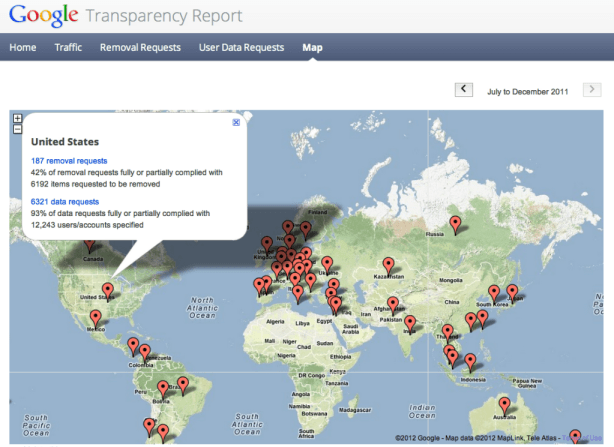
A few weeks ago I ventured to our nation’s capital to steep in its culture a bit, and get some first hand reporting done for
the book. I met with about a dozen or so folks, including several scholars, the heads of the FCC and FTC, and senior folks in the Departments of Commerce and State. I also spoke to a lobbyist from the Internet industry, as well as people from various “think tanks” that populate the city. It was my first such trip, but it certainly won’t be my last.
Each of the conversations was specific to the person I was interviewing, but I did employ one device to tie them together – I asked each person the same set of questions toward the end of the conversation. And as I was on the plane home, I wrote myself a little reminder to post about the most interesting set of answers I got, which was to this simple question: What doesn’t the Valley understand about Washington?
It’s not a secret that the Valley, as a whole, has an ambivalent attitude toward DC. Until recently, the prevailing philosophy has trended libertarian – just stay out of the way, please, and let us do what we do best. Just about every startup CEO I’ve ever known – including myself – ignores Washington in the early years of a company’s lifecycle. Government is treated like plumbing – it’s dirty, it costs too much, it’s preferably someone else’s job, and it’s ignored until it stops working the way we want it to.
Read More
 It’s time to review how my Predictions 2012 are faring, now that half the year has slipped by (that was fast, no?).
It’s time to review how my Predictions 2012 are faring, now that half the year has slipped by (that was fast, no?).








